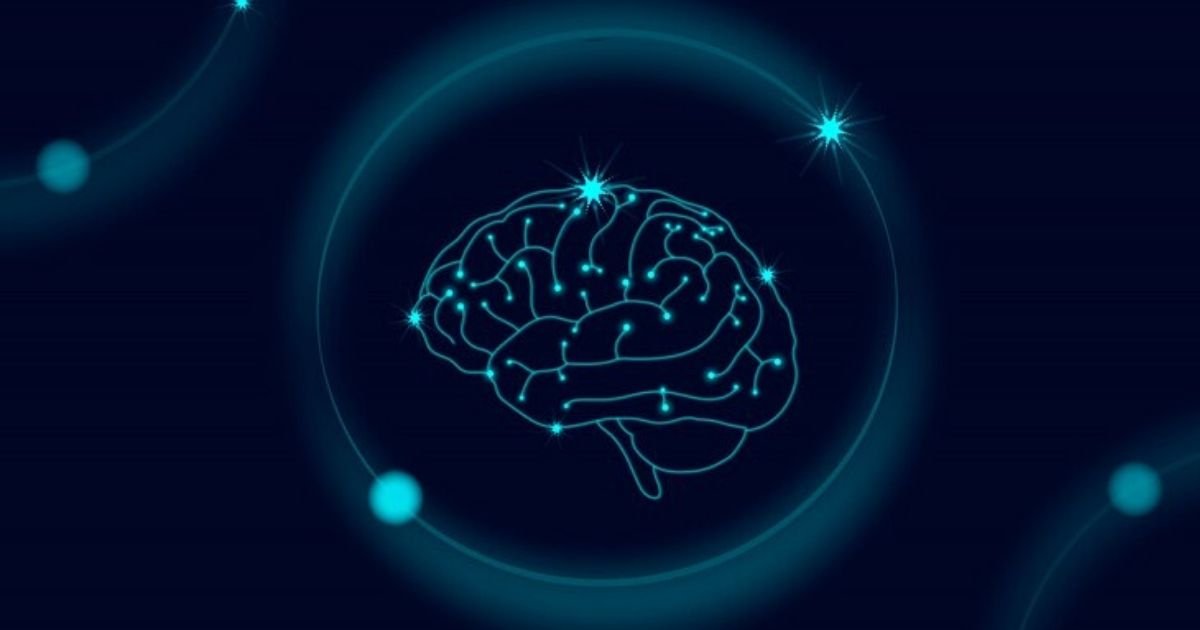A healthy life wellhealthorganic is more than just the absence of disease; it’s about thriving in all aspects of life. Achieving a state of complete physical, mental, and social well-being involves making informed and proactive choices. Maintaining a healthy lifestyle can improve your quality of life, increase longevity, and reduce the risk of chronic diseases. So, what does it take to lead a healthy life? Let’s dive into some essential components.
Balanced Nutrition
Nutrition plays a fundamental role in maintaining health and well-being. A balanced diet provides the necessary nutrients that the body needs to function effectively. Essential nutrients include carbohydrates, proteins, fats, vitamins, and minerals. Consuming a variety of foods from all food groups ensures that you get a comprehensive range of nutrients. Incorporating fruits, vegetables, whole grains, lean proteins, and healthy life wellhealthorganic fats into your diet can help support bodily functions and improve overall health.
Physical Activity
Regular physical activity is crucial for maintaining a healthy life wellhealthorganic body and mind. Exercise helps control weight, reduces the risk of chronic diseases such as heart disease and diabetes, and improves mental health by reducing anxiety and depression. Physical activities can range from moderate exercises like walking, swimming, or cycling to more intense activities like running, weightlifting, or high-intensity interval training (HIIT). The key is to find an activity you enjoy and make it a consistent part of your routine.
Mental Well-being
Mental health is an integral part of overall health. Taking care of your mental well-being involves managing stress, maintaining a positive outlook, and engaging in activities that promote happiness. Practices such as mindfulness, meditation, and yoga can help reduce stress and improve mental clarity. Additionally, social connections and engaging in hobbies or activities that you love can significantly enhance your mental well-being. Remember, seeking help from a mental health professional when needed is a sign of strength, not weakness.
Quality Sleep
Good sleep is essential for physical health, mental well-being, and overall quality of life. During sleep, the body repairs itself and consolidates memories, among other vital functions. Lack of sleep can lead to various health issues, including weakened immunity, weight gain, and increased risk of chronic diseases. To improve sleep quality, establish a regular sleep schedule, create a restful environment, and avoid stimulants like caffeine and electronic devices before bedtime.
Hydration
Staying hydrated is crucial for maintaining bodily functions. Water aids in digestion, nutrient absorption, temperature regulation, and joint lubrication. Dehydration can lead to various healthy life wellhealthorganic problems, such as kidney stones, urinary tract infections, and cognitive impairment. Aim to drink at least eight 8-ounce glasses of water per day, and more if you’re physically active or live in a hot climate. Remember, other beverages like herbal teas and fresh juices can also contribute to your daily hydration needs.
Avoiding Harmful Habits
Avoiding harmful habits such as smoking, excessive alcohol consumption, and drug abuse is vital for maintaining health. These habits can lead to severe health problems, including cancer, liver disease, and cardiovascular issues. If you’re struggling with any of these habits, seeking help from a healthcare professional can provide you with the support and resources needed to quit.
Preventive Healthcare
Regular check-ups and screenings are essential for early detection and prevention of health issues. Routine visits to your healthcare provider allow for monitoring of your health and timely intervention if any problems arise. Vaccinations, regular dental check-ups, and screenings for conditions like hypertension, diabetes, and cancer are crucial components of preventive healthcare. Taking proactive steps can help you manage your health better and prevent potential health issues from becoming serious.
Healthy Weight Management
Maintaining a healthy weight is important for overall health and can prevent many chronic diseases. A combination of balanced nutrition and regular physical activity is key to achieving and maintaining a healthy weight. It’s also important to have realistic goals and focus on overall healthy life wellhealthorganic rather than just the numbers on the scale. Consulting a healthcare provider or a nutritionist can provide personalized guidance based on your individual needs.
Strong Social Connections
Building and maintaining strong social connections is important for mental and emotional health. Relationships with family, friends, and the community provide support, increase feelings of belonging, and improve overall well-being. Engaging in social activities, volunteering, or joining clubs and groups that interest you can help foster meaningful connections and enhance your quality of life.
Stress Management
Chronic stress can have detrimental effects on both physical and mental health. It’s important to develop effective stress management techniques to maintain a healthy life wellhealthorganic. Practices such as deep breathing exercises, meditation, and physical activity can help manage stress. Additionally, finding time for relaxation and activities that bring joy and relaxation can significantly reduce stress levels.
Mindful Eating
Mindful eating involves paying attention to what you eat and how you eat. It’s about enjoying your food, recognizing hunger and fullness cues, and making healthier food choices. Mindful eating can help prevent overeating, improve digestion, and enhance the overall eating experience. By slowing down and savoring each bite, you can develop a healthier relationship with food.
Regular Physical Check-ups
Regular physical check-ups with your healthcare provider are important for maintaining good health. These check-ups can help detect potential health issues early and provide an opportunity to discuss any health concerns you may have. Preventive care, such as immunizations and screenings, is a vital part of regular check-ups and can help prevent many diseases.
Healthy Aging
Healthy aging involves adopting a lifestyle that supports physical and mental well-being as you age. This includes staying physically active, eating a balanced diet, getting regular check-ups, and staying socially connected. It’s also important to engage in activities that keep your mind sharp and maintain a positive outlook on life. Healthy aging is about maintaining independence and quality of life as you grow older.
Conclusion
Achieving a healthy life wellhealthorganic requires a holistic approach that encompasses physical, mental, and social well-being. By focusing on balanced nutrition, regular physical activity, mental well-being, quality sleep, hydration, and preventive healthcare, you can significantly improve your quality of life and longevity. Remember, making small, sustainable changes can lead to big improvements in your health over time. Start today and take steps towards a healthier, happier life.
FAQs
What is a balanced diet?
A balanced diet includes a variety of foods from all food groups, providing essential nutrients like carbohydrates, proteins, fats, vitamins, and minerals needed for optimal health.
How much exercise do I need?
Aim for at least 150 minutes of moderate aerobic activity or 75 minutes of vigorous activity per week, combined with muscle-strengthening activities on two or more days per week.
Why is sleep important?
Sleep is essential for physical health, mental well-being, and overall quality of life. It helps the body repair itself and supports various functions like memory consolidation.
How can I manage stress?
Effective stress management techniques include deep breathing exercises, meditation, physical activity, and engaging in activities that bring joy and relaxation.
What are the benefits of staying hydrated?
Staying hydrated helps with digestion, nutrient absorption, temperature regulation, and joint lubrication, and prevents health issues like kidney stones and cognitive impairment.











